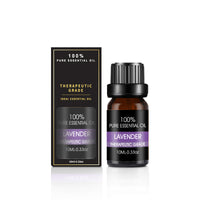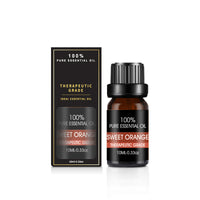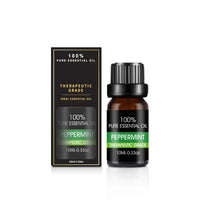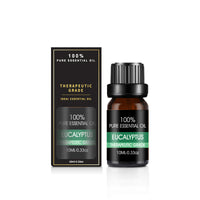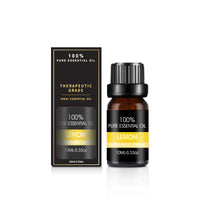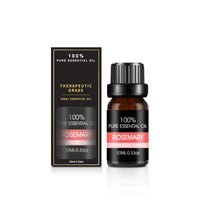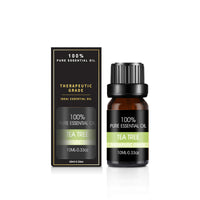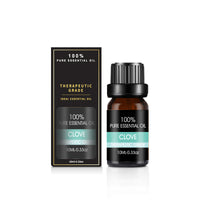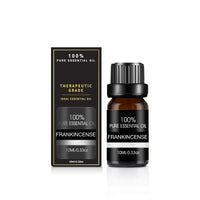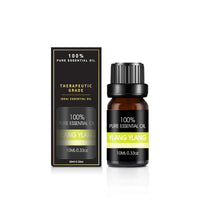In a world where health is paramount, the statistics from the World Health Organization (WHO) regarding lower respiratory tract infections are both alarming and a call to action. According to WHO, lower respiratory tract infections contribute to 5% of global deaths, affecting both sexes, with pneumonia emerging as a significant threat, especially in post-neonatal children (less than 60 months old).
Furthermore, lower respiratory tract infections and chronic obstructive pulmonary disease persist as leading causes of mortality, even in the face of widespread vaccination efforts against influenza, pneumonia, and tuberculosis. This prompts exploration into alternative preventive measures, with essential oils emerging as a potential natural defense against respiratory tract infections.
To learn about which oils will provide treatment, please read 5 Top Essential Oils for Respiratory Health.
The Global Impact of Lower Respiratory Tract Infections
The WHO's data paints a grim picture of the global impact of lower respiratory tract infections. Accounting for 5% of worldwide deaths, approximately 3.1 million people succumb to these infections annually. Notably, pneumonia, a severe form of lower respiratory tract infection, is responsible for a significant portion of deaths among post-neonatal children, making up 13% of causes of death in this age group in 2012.
Persistent Threats and the Role of Essential Oils
Despite significant advancements in vaccination strategies, influenza, pneumonia, and tuberculosis persist as formidable threats to public health. The WHO has implemented a comprehensive global vaccine action plan, targeting bacteria and viruses that cause respiratory tract infections. However, the efficacy of these measures still leaves room for improvement, prompting exploration into alternative and complementary approaches to respiratory health.
Essential oils, derived from plants and known for their aromatic and therapeutic properties, are gaining attention for their potential role in preventing respiratory tract infections. These natural extracts possess antimicrobial and anti-inflammatory properties, making them promising candidates for respiratory health support.
Understanding the Preventive Role of Essential Oils
Essential oils are concentrated plant extracts that capture the essence of a plant's fragrance and therapeutic properties. Many essential oils exhibit antimicrobial activity against a range of pathogens, including bacteria and viruses associated with respiratory infections. The volatile nature of essential oils allows them to be easily inhaled - aromatherapy through the use of an oil diffuser, reaching the intended sites in the respiratory system. In addition, essential oils can serve double duty for body skin care routine and even beautify nails. This duality can even inspire bedroom ideas or lead to a spa aesthetic improvement for your bodycare routine.
The Vapour Phase Test
In the quest to validate the efficacy of essential oils in combating respiratory infections, the vapour phase test has emerged as a valuable method. This in vitro approach assesses the antimicrobial activity of volatile compounds present in the airways. By understanding the effectiveness of essential oils in the vapour phase, researchers gain insights into their potential as preventive agents against respiratory pathogens.
Highlighting Antibacterial and Anti-inflammatory Actions
Essential oils exert their preventive effects through multiple mechanisms. Antibacterial properties enable them to combat harmful microorganisms, reducing the risk of infection. Additionally, the anti-inflammatory actions of essential oils contribute to mitigating inflammation in the respiratory tract, which is often a hallmark of respiratory infections. By targeting both aspects – microbial threats and inflammation – essential oils present a holistic approach to respiratory health.
The WHO's alarming statistics on global deaths due to lower respiratory tract infections underscore the urgent need for effective preventive measures. While vaccination efforts persist, the persistent threats of influenza, pneumonia, and tuberculosis call for alternative strategies. Essential oils, with their natural antimicrobial and anti-inflammatory properties, emerge as promising candidates for respiratory health support. As we face evolving health challenges, essential oils stand as nature's defense, offering a holistic and natural approach to respiratory well-being.


